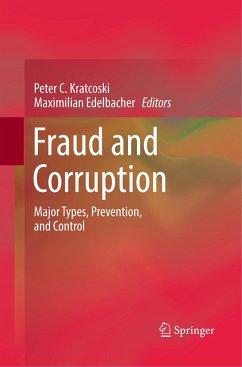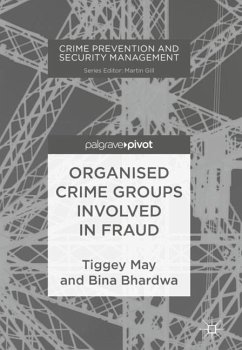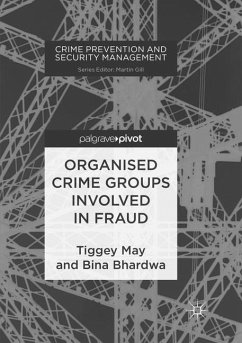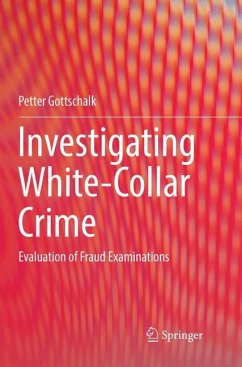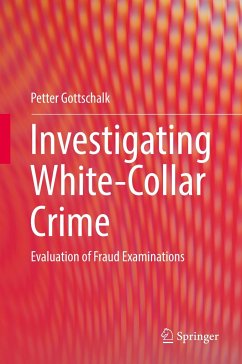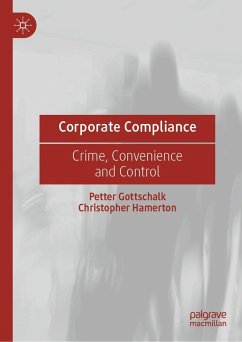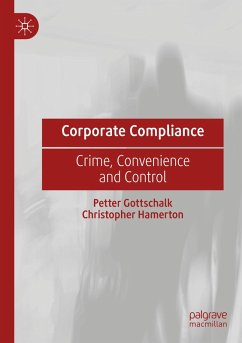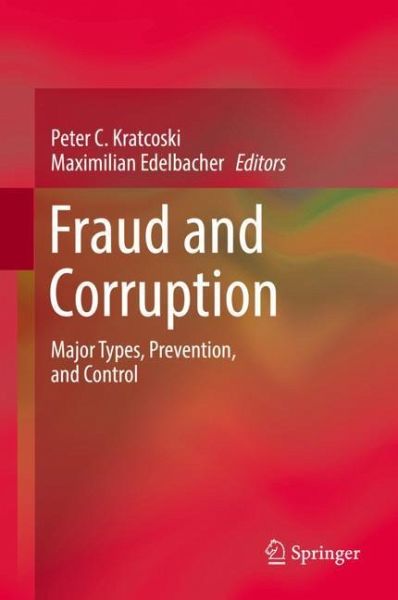
Fraud and Corruption
Major Types, Prevention, and Control
Herausgegeben: Kratcoski, Peter C.; Edelbacher, Maximilian

PAYBACK Punkte
29 °P sammeln!
This textbook provides an overview of the major types of fraud and corrupt activities found in private and public agencies, as well as the various methods used to prevent fraud and corruption. It explores where opportunities for fraud exist, the personal characteristics of those who engage in fraud, as well as their prevention and control.This work covers fraud in the financial sector, insurance, health care, and police organizations, as well as cybercrime. It covers the relationship between fraud, corruption, and terrorism; criminal networks; and major types of personal scams (like identity t...
This textbook provides an overview of the major types of fraud and corrupt activities found in private and public agencies, as well as the various methods used to prevent fraud and corruption. It explores where opportunities for fraud exist, the personal characteristics of those who engage in fraud, as well as their prevention and control.
This work covers fraud in the financial sector, insurance, health care, and police organizations, as well as cybercrime. It covers the relationship between fraud, corruption, and terrorism; criminal networks; and major types of personal scams (like identity theft and phishing). Finally, it covers the prevention and control of fraud, through corporate whistle blowing, investigative reporting, forensic accounting, and educating the public.
This work will be of interest to graduate-level students (as well as upper-level undergraduates) in Criminology & Criminal Justice, particularly with a focus on white collar and corporate crime, as well as related fields like business and management.
This work covers fraud in the financial sector, insurance, health care, and police organizations, as well as cybercrime. It covers the relationship between fraud, corruption, and terrorism; criminal networks; and major types of personal scams (like identity theft and phishing). Finally, it covers the prevention and control of fraud, through corporate whistle blowing, investigative reporting, forensic accounting, and educating the public.
This work will be of interest to graduate-level students (as well as upper-level undergraduates) in Criminology & Criminal Justice, particularly with a focus on white collar and corporate crime, as well as related fields like business and management.



